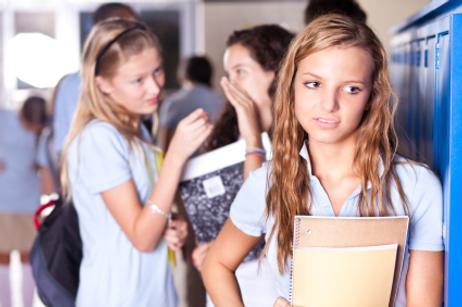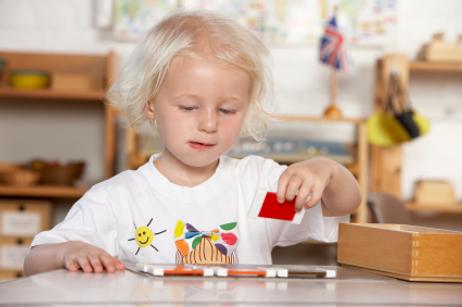While campus violence and bullying have been heated topics in recent years, the wake of a young teen's suicide, allegedly prompted by aggressive bullies, is forcing community members to reexamine the responsibility of schools in the fight against bullies.
Should Schools Pay the Price for Bullying?
In the most recent high school tragedy, 15-year-old Phoebe Prince sadly ended her own life after nine teenagers allegedly harassed and bullied the young girl. According to Slate News, District Attorney Elizabeth Scheibel has filed charges against the nine alleged bullies, further asserting that Phoebe Prince endured three months of extreme bullying under the awareness of some school leaders. According to Scheibel, “The investigation has revealed that certain faculty, staff, and administrators of the high school also were alerted to the harassment of Phoebe Prince before her death.”
This video describes how parents of bullies may be liable.
In fact, supporting these claims are reports from Phoebe’s mother, as well as fellow students, who reported obvious struggles endured by the teen. For example, Phoebe’s mother was so concerned about her daughter’s depression at school that she contacted school officials on multiple occasions, asking about whether or not students were making threats and attacks against her daughter. Furthermore, some students reported seeing Phoebe crying in the hallway outside her classroom, as well as crying in the nurse's office on the day she took her life.
However, many argue






















